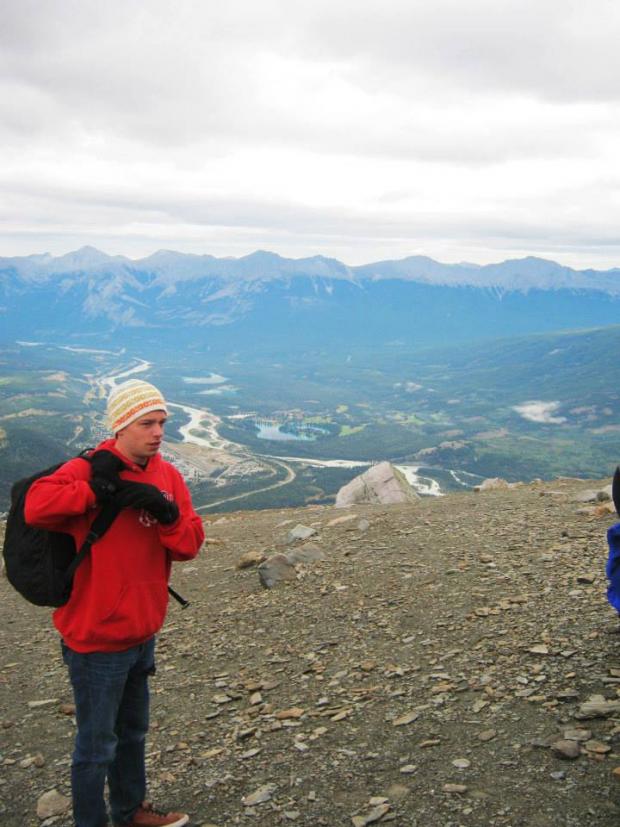 When does tourism become a priority over conservation?
When does tourism become a priority over conservation?
Colin Rennie, a student in the GENV 3701 course at Mount Allison is investigating issues surrounding a proposed hotel development along the pristine Maligne Lake, located in Jasper National Park. Maligne Lake, and surrounding valley, is an iconic destination for those visiting the park, having attracted thousands of tourists throughout its history. A tourism company working near Maligne Lake have put forth a proposal to construct a luxury resort near the lake in order to attract more tourists. Rennie’s research attempts to evaluate potential environmental and social consequences associated with this proposed development.
A primary concern that has been expressed by many stakeholders associated with this development deals with ecological fragility in the area of the Maligne Lake.
“Maligne Lake is an important habitat for the already dwindling population of caribou in the Park,” Rennie said. “An increase in human traffic and ensuing pressures on the natural environment would not bode well for the species that call the area home.” As expected, caribou are not the only species that could be affected by this proposal. Grizzly bears, bird species, and many tree and plant species, all could be negatively impacted through habitat fragmentation and destruction.
Aside from the obvious ecological issues associated with the Maligne Lake development, Rennie is also investigating the social aspect of this issue. How does this type of construction fit into the Parks Canada policies and mandate? How will this proposal, if passed, set the precedent for Jasper National Park, and others like it in the future? These are all questions that are being teased apart and analyzed throughout the research process.
Interviews and fieldwork from within the park in late August have provided the primary information needed to initiate this study. Since this time, Rennie has continued to follow the proposed hotel development extensively.
“There is an open public consultation concerning the development later this coming week, and Parks Canada has finally released a lot of information pertaining to the proposal. With new research becoming available weekly since our return from Jasper, this research project has been an incredibly unique experience,” Rennie said.
As many parks in Canada continue to experience budget cuts and require other sources to fund access and services within parks, the need for this type of research continues to grow. Ultimately, it is the goal of this research to be used as a framework that will govern future decision making relating to large-scale development in Jasper and all other Canadian national parks.





